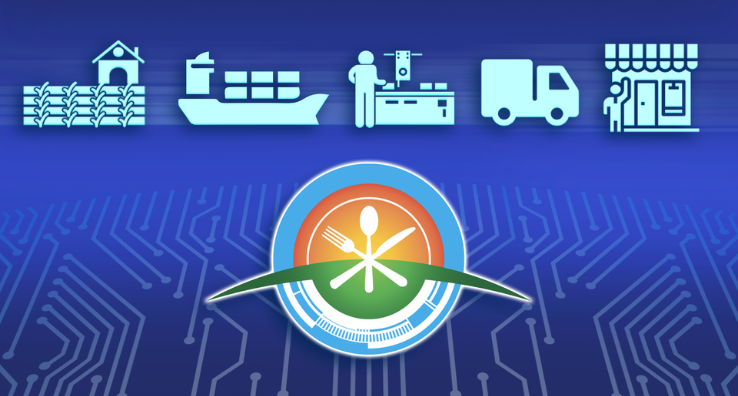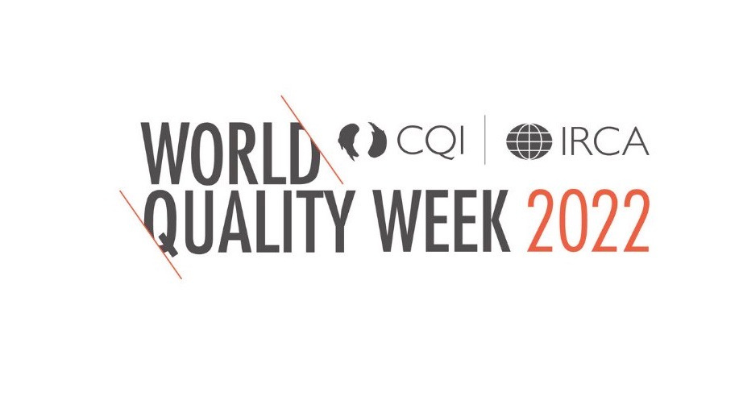New FDA Food Traceability Proposal and What it Means for You

Last week, the FDA issued its proposal for new food traceability record keeping requirements. The new rules would extend beyond existing regulations for any company that manufactures, processes, packs, or holds certain foods. For many in our industry, this is a radical shift in data management and tracking for ingredients and products.
The Food Traceability Proposed rule, also called “Requirements for Additional Traceability Records for Certain Foods” is part of the FDA’s New Era of Smarter Food Safety Blueprint. It would implement Section 204(d) of the FDA Food Safety Modernization Act (FSMA), which has been in effect since 2011.
According to the FDA, the proposed requirements would help the agency rapidly and effectively identify recipients of certain foods to prevent or mitigate foodborne illness outbreaks and address credible threats of serious adverse health consequences or death.
The proposal would require companies that produce or hold foods on the Food Traceability List (FTL) to establish and maintain records containing Key Data Elements (KDEs) associated with different Critical Tracking Events (CTEs).
While the proposed requirements would only apply to foods on the FTL, they were designed to be suitable for all FDA-regulated food products. As noted in FDA’s New Era of Smarter Food Safety Blueprint, the agency states, “Ultimately, we want to have end-to-end traceability throughout the food safety system” encouraging the industry to voluntarily adopt tracing technologies.
Key aspects of the traceability rule:
- Critical Tracking Events including growing, receiving, transforming, creating, and shipping foods that contain KDEs. The KDEs vary depending on the CTE. The records required at each CTE would need to contain and link the traceability lot code of the food to the relevant KDEs.
- Traceability Program Records are required for anyone subject to the rule. The records are intended to help regulators understand an entity’s traceability program, including a description of relevant reference records, foods shipped, and the assignment of traceability lot codes. Also, the proposed rule requires information to help regulators understand the terminology, methods, and systems a company uses in its traceability operations.
The proposed rule would also require that documents be maintained as original paper, electronic, or true copies. They all must be legible and stored to prevent deterioration or loss.
Traceability records should be provided to FDA as soon as possible but no later than 24 hours after the agency’s request. And an electronic sortable spreadsheet containing relevant traceability information would be provided to the FDA within 24 hours of an outbreak, recall, or other threat to public health.
The FDA provides a link for frequently asked questions about the proposed food traceability rule. Intertek Alchemy will offer additional information once it’s available. We’re also planning a joint webinar with the FDA in January. Stay tuned for further details.
In the meantime, what can you do to better understand this new rule? Here are four action items to consider:
- Determine if you manufacture, process, pack or hold any of the foods on the Food Traceability List. Review the exemptions for further clarification. Requirements for Additional Traceability Records for Certain Foods – Who is Subject to the Rule (fda.gov)
- Become familiar with the new terminology within the rule including definitions of KDE’s, CTE’s, First Receiver, Transformation, and Creation.
- Increase communication with your suppliers and customers as it relates to your current, collective traceability program records. And identify potential gaps including the current process for assignment of lot codes.
- Seek opportunities for further education.
If you are subject to this new rule, you should start early to establish enhanced record keeping, train employees on new protocols, and consider the use of technology to aid in your data management. Industry associations, regulators, and consultants will be available to help you navigate the changes you will need to implement for compliance. Please feel free to contact us with questions.





